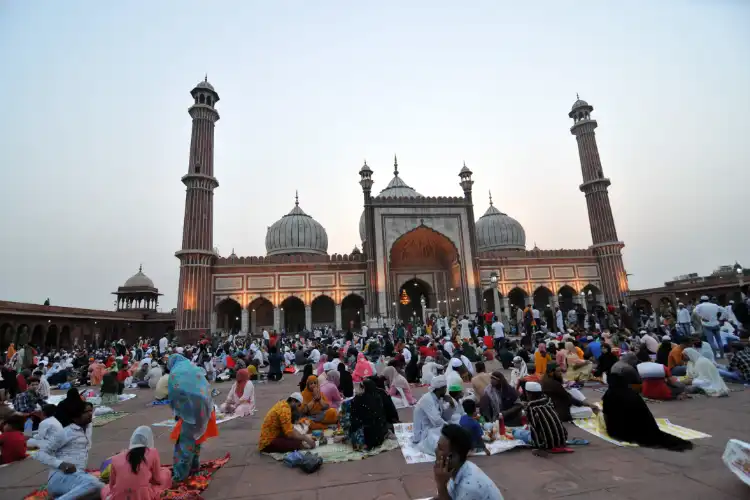
Eman Sakina
We should never equate non-violence with inaction or passivity. Action in the truest sense of the word is nonviolence. Instead, it is a stronger action than one that involves violence. Nonviolent action is demonstrably more potent and successful than violent activism.
Friday Musings
Whenever individuals, groups, or communities are faced with a problem, one way to solve it is by resorting to violence. The better way is to attempt to solve the problem by peaceful means, avoiding violence and confrontation. Peaceful means may take various forms. It is the nature of the problem which will determine which of these peaceful methods applies to the given situation.
Islam is a religion that teaches non-violence. According to the Qur’an, God does not love ‘fasad’, or violence. What is meant here by ‘fasad’ is clearly expressed in verse 205 of the second Surah. Basically, ‘fasad’ is that action that results in disruption of the social system, causing huge losses in terms of lives and property.
Conversely, we can say with certainty that God loves non-violence. He abhors violent activity being indulged in human society, as a result of which people have to pay the price with their possessions and lives. This is supported by other statements in the Qur’an. For instance, we are told in the Qur’an that peace is one of God’s names.
Those who seek to please God are assured by verse 5 of the sixteenth surah that they will be guided by Him to "the paths of peace." Paradise, which is the final destination of the society of God’s choice, is referred to in the Qur’an as "the home of peace", etc.
The entire spirit of the Qur’an aligns with this concept. For instance, the Qur’an attaches great importance to patience. Patience is set above all other Islamic virtues with the exceptional promise of reward beyond measure.
According to the Qur’an, there are two faculties in every human being which are mutually antipathetic. One is the ego, and the other is the conscience called respectively nafsammara and nafslawwama. What the violent method invariably does is awaken the ego which necessarily results in a breakdown of social equilibrium.
On the other hand, non-violent activism awakens the conscience. This results in an awakening in people of introspection and self-appraisal. And according to the Qur’an, the miraculous outcome of this is that "he who is your enemy will become your dearest friend."
All the tasks performed by the Prophet throughout his life were marked by the greatness which comes from always choosing a non-violent course of action. Setting this kind of example formed the greater part of the Prophet’s actual mission.
Mohandas Karamchand Gandhi, the spiritual and political leader of India, worked tirelessly to make India independent of British rule. His teaching was based on the power of love and peace. Mahatma Gandhi picked up the idea of non-violence from ancient Indian philosophy, Islam, Christianity, Judaism, from every great religion where it is written that violence will not help anyone achieve anything.” Gandhi claimed that he had read the Quran more than once and also many books on Quran and the Prophet.
He claimed he had read Maulana sahib’s Life of the Prophet and also Usva-e-Sahaba and insisted that Islam never sanctioned destroying places of worship of other religions. (Gandhi, 1949, 139) He also claimed that the Prophet often fasted and prayed and that the Prophet had revelations, not in moments of ease and luxurious living. Gandhi claimed that he had cultivated respect for Islam.He saw the difference between the teaching and practice of Islam.
He regarded Islam to be a religion of peace. He claimed that there is nothing in the Quran to warrant the use of force for conversion. He also claimed that the holy book says in the clearest language possible that there is no compulsion in religion. To him, the Prophet’s whole life was a repudiation of compulsion in religion.
ALSO READ: Muslims build Puja Pandal for a lone Hindu family
He argued that Islam would cease to be a world religion if it were to rely upon a force for its propagation.
